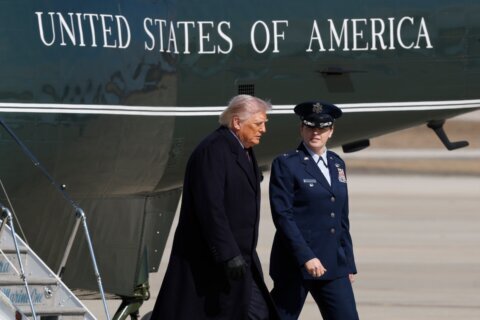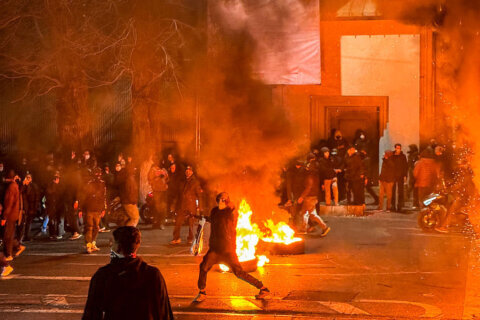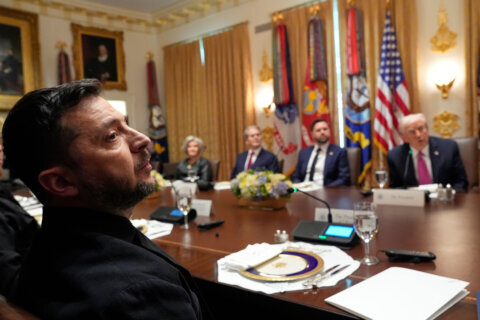WASHINGTON — Perhaps the second most famous act involving President Abraham Lincoln on April 14, 1865, was his signing into law the creation of the United States Secret Service. Tragically, his assassination later that night preceded the organization’s ability to save his life — the mission the organization is celebrated for today.
The agency began operating July 5, 1865. Almost 30 years after its creation — originally to suppress counterfeit money and investigate distillers, smugglers, mail and land fraud — protecting the president was added as a part-time duty in 1894. In 1902, after the assassination of President William McKinley, agents began full-time protection of the president and, later, his family and members of the Cabinet.
“In many ways our history is interwoven with the history of this nation — the American people,” says Secret Service Director Joseph Clancy. Sitting in his office, preparing for a ceremony to honor partner organizations for their help with the agency’s increasingly difficult mission, he reflected on how agents have altered outcomes at key moments in U.S. history.
“When you look back … at the Blair House with Truman looking out his window, if Officer Coffelt along with the other agents hadn’t stopped that attack, history would’ve been written much differently,” said Clancy. Coffelt was killed in an exchange of gunfire in front of Blair House, in Washington, when two Puerto Rican nationalists attempted to assassinate President Harry Truman on Nov. 1, 1950.
Agent Tim McCarthy also impacted history when he “spun around and made himself big and stopped that bullet intended for President Reagan” in 1981, Clancy says.
The storied agency, often showered with accolades, has struggled in recent years to overcome missteps that invited negative scrutiny.
Clancy, who retired from the agency in 2011, returned in October 2014 as acting director and was appointed to fill the director’s position in February after several high-profile blunders led to the resignation of Julia A. Pierson.
The stream of miscues started in 2009, when two aspiring reality-TV personalities sneaked into a White House state dinner. A questionable investigation into a shooting near the White House in 2011 followed. In 2012, the agency was rocked by a prostitution scandal in Cartagena, Colombia.
An embarrassing public drunkenness episode took place in the Netherlands during a presidential visit in March 2014. Six months later, on Sept. 16, an armed private contractor with an arrest record was allowed on an elevator with President Barack Obama.
After rejoining the agency, Clancy made it clear that lapses in judgment leading to embarrassment for the agency would no longer be tolerated. He travels frequently to drive the point home.
“I’m trying to get out to as many field offices as I can. I’ve been to six or seven and I’ve been to every former detail, so they know what my expectations are,” Clancy says.
The security of the White House, the president and first family was questioned after a mentally disturbed Iraq War veteran scaled a fence, evaded several levels of security and advanced deep inside the White House in September 2014. That and other fence-jumping episodes prompted Clancy and the leadership to add new security measures.
The most visible, said Clancy, is “the attachment onto the fence on the north side and the south side [of the White House] and we’re going to continue that around the complex. That is an interim measure which we hope will slow people down who might have an intention to climb the fence. It will give our people a chance to respond as we look for a more long-term solution.”
Clancy said other security improvements are in progress, including enhanced training for personnel, and technological advancements critical to battling new threats such as drones, lone wolves and transnational threats.
Clancy indicated all of those enhancements will be in high demand as the agency prepares for the remainder of this year and the beginning of 2016, which could be an unprecedented for security in the U.S.
“We’ve got the Pope’s visit, the 70th anniversary of the UN General Assembly [and] the (presidential) campaign will be kicking off. So we’ve got a lot of challenges that were facing in the near future.”
Read more about the Secret Service’s history.








